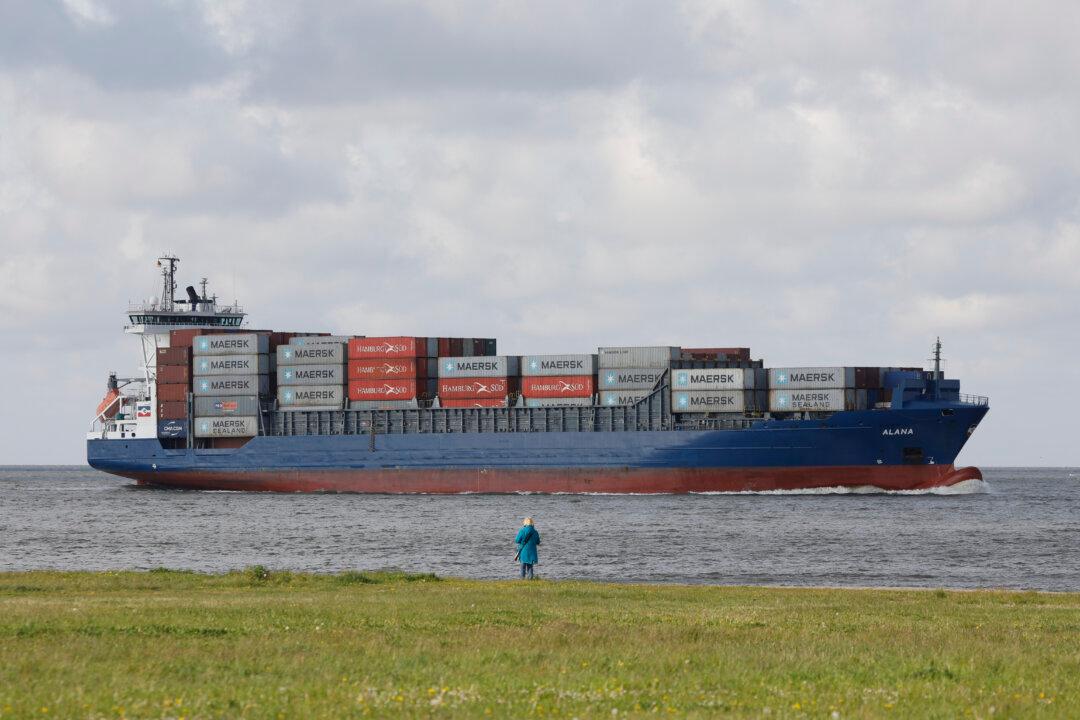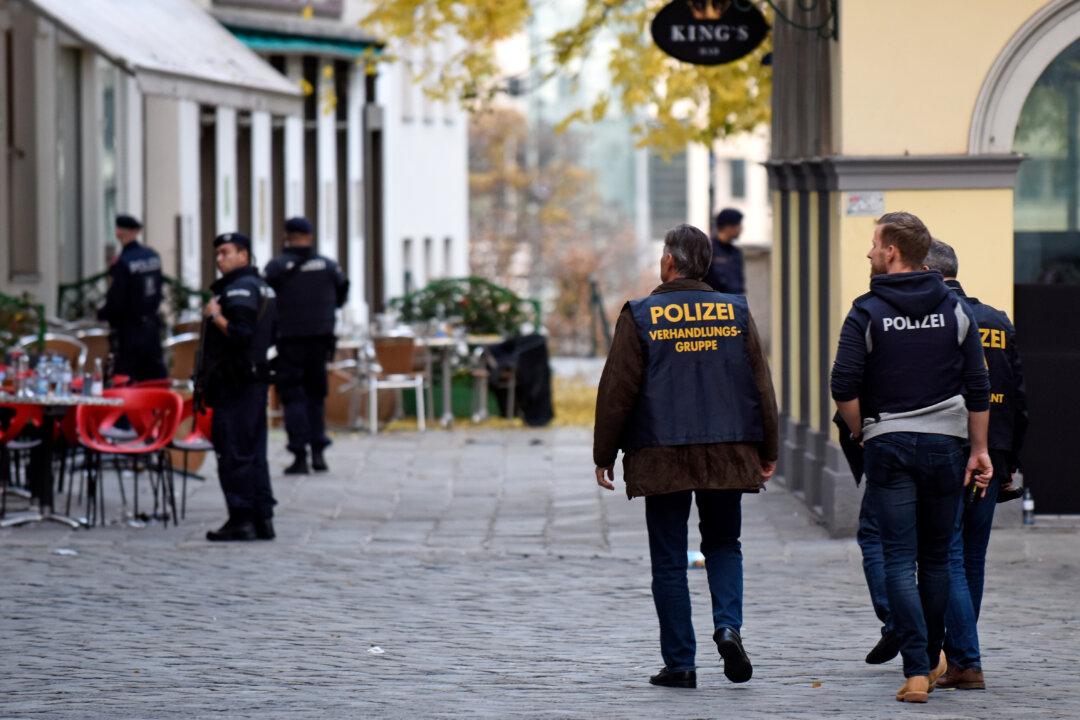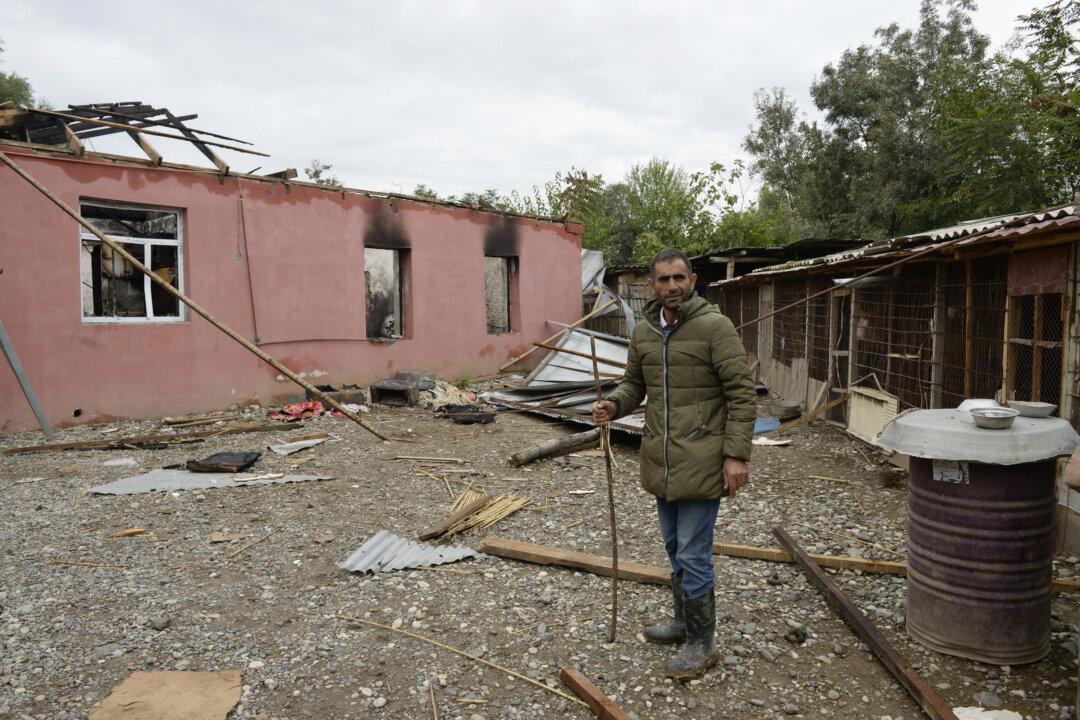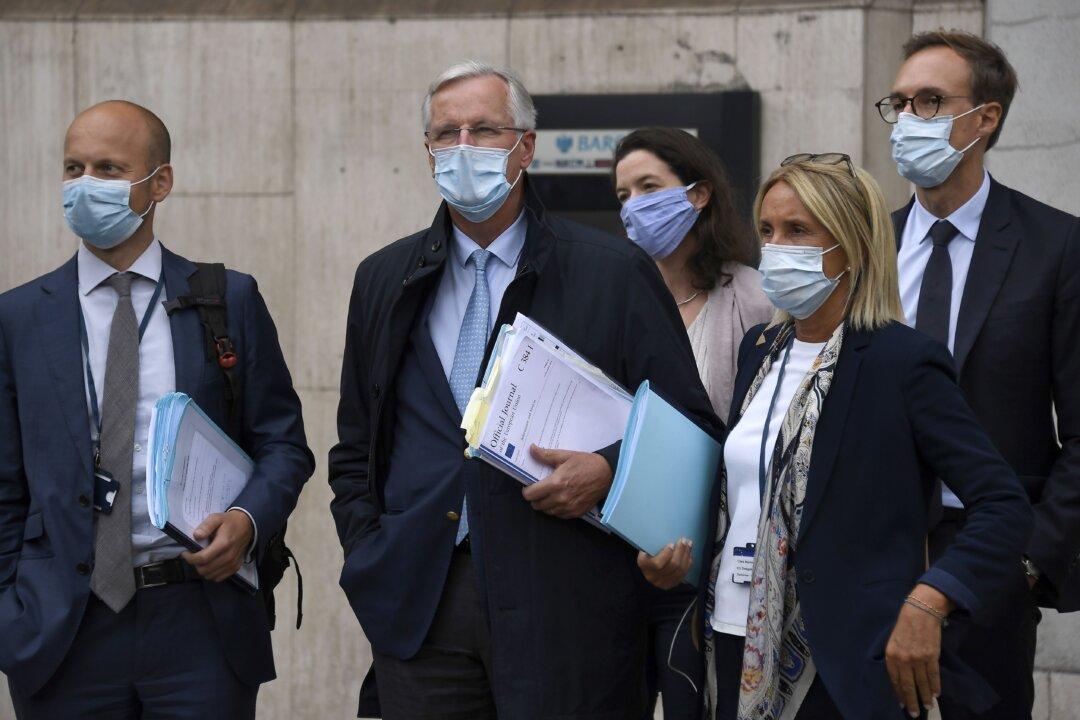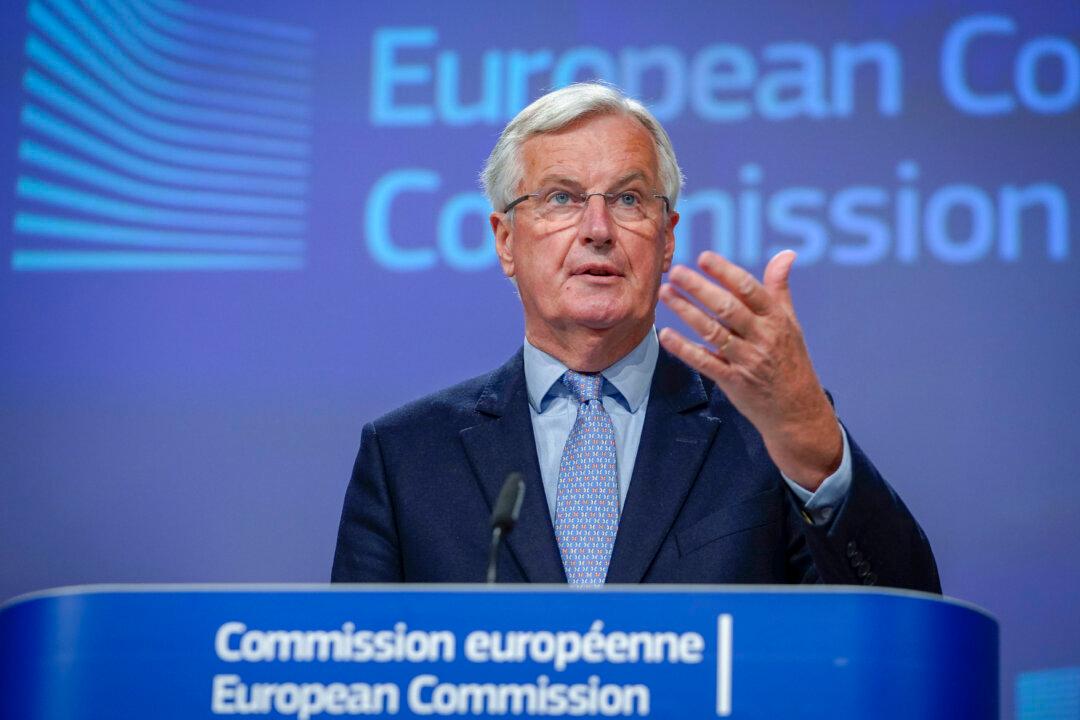BRUSSELS—The European Union is accelerating plans to make itself less reliant on imports after being spurred into action by the COVID-19 pandemic and international trade tensions, as well as the risk of takeover of European firms by state-funded Chinese companies.
Leaders from the bloc’s 27 countries are holding a first major discussion on how they can work together to achieve greater “strategic autonomy” from outsiders at a summit in Brussels this week.
